Serbia at turning point, "state taking its powers back"
"The unthinkable has happened in Serbia," says a cabinet minister, as a man who, many believed, was powerful enough to appoint governments, is now behind bars.
Wednesday, 12.12.2012.
20:52

BELGRADE "The unthinkable has happened in Serbia," says a cabinet minister, as a man who, many believed, was powerful enough to appoint governments, is now behind bars. "The citizens of Serbia would have had an easier time imagining a minister detained than (Miroslav) Miskovic," Justice Minister Nikola Selakovic told a special B92 TV show late on Wednesday, in the wake of the arrest of Delta Holding owner Miroslav Miskovic. Serbia at turning point, "state taking its powers back" "The state has stood up to defend the law and its own powers," Selakovic added, and stressed the importance of the cooperation between the police and the prosecution in the case. Serbian Police (MUP) Director Milorad Veljovic took part in the same program to say that the case was only one of several related to controversial privatizations that are currently being investigated. "This is the decision of the government and the Bureau for National Security, a council was formed to deal with it," he explained. Asked whether Miskovic threatened Deputy PM Aleksandar Vucic during the arrest this morning, Veljkovic said that both the head of the Criminal Investigations Police and other persons who were present confirmed it, and added: "Whether he said this in the heat of the moment, we do not know. We will make an official note." Miskovic, who owns Serbia's largest privately-held company, is suspected of teaming up with Nibens Group co-owner Milo Djuraskovic to siphon off some EUR 30mn from state-owned road maintenance companies. "Let's be clear on this, this is about the money belonging to the state, and this is why the (criminal) complaint was filed," said Veljovic. Minister Selakovic noted that "the new government obviously tasked itself with fighting corruption", and added: "This is how I see this act of the state. We live in an environment where a group has, gradually, in various ways, taken a lot into its own hands. Also, the state stood up to defend the law and its own powers, which is something that the European Commission has said, among other things, in its report. And now there are deeds backing up words." Selakovic also described our country "before the new authorities came to power": "This is an indicator that it was a country where some people were protected even when the state itself was under attack. We can call this a new beginning in several ways - the unthinkable has happened, a man has been detained who, it was said, appointed governments, politicians... That's a big change, the state is taking back the institutions of power, and the question now is, how many people have really been involved." He also stressed that the case was "only one of about ten privatizations that need to be investigated". "In any case, this is an indicator of the strong political will to come to grips with corruption. It is a disease that exists in every country, even in the most highly developed. What's important is that nobody enjoys impunity in Serbia," the minister noted. Veljovic added that the police was "at no point interested in politics", and specified that other investigations included Port of Belgrade, FAM, and C Market. "We received our orders from the Serbian government, we received a list of contentious privatizations, we formed working groups, that have up to 100 people who are working around the clock. This is a historic moment for the police to demonstrate that nobody is stronger than the state. Each group has received its task, and a prosecutor is working with each," the police director said. Belgrade-based daily Danas journalist Ruza Cirkovic also took part in the program to say that she had previously pointed out that the Nibens Group privatization was "likely what will cause problems for Miskovic": "I received a report from the Privatization Agency on how those companies were privatized. They were acquiring themselves, and burdening themselves with collaterals. This is not something we made up. One company was bought for EUR 2.3mn, while the collateral worth EUR 10mn was take. In the end, as the speculation went, Nibens sank when the Miskovics decided to withdraw, and to do so by placing the Buducnost company from Presevo as collateral." "The state has shown courage, now it must show responsibility and capability to get evidence against Miskovic, and for that evidence to be serious," the reporter stressed. Minister Selakovic commented on rumors that the government was "not united" on fighting corruption: "If that were the case, this would never have happened. That speaks of the government's determination, its ability and its serious approach. This truly is a beginning, that is to say, a turning point. The citizens of Serbia would have had an easier time imagining a minister being detained than Miskovic." Neither Selakovic nor Veljovic wished to comment on media reports linking Miskovic with the drug smuggling group believed to be led by fugitive Darko Saric, saying instead that they would not speak in more detail "for the duration of the investigation". Miroslav Miskovic is seen in Belgrade earlier this month (Beta) B92
Serbia at turning point, "state taking its powers back"
"The state has stood up to defend the law and its own powers," Selaković added, and stressed the importance of the cooperation between the police and the prosecution in the case.Serbian Police (MUP) Director Milorad Veljović took part in the same program to say that the case was only one of several related to controversial privatizations that are currently being investigated.
"This is the decision of the government and the Bureau for National Security, a council was formed to deal with it," he explained.
Asked whether Mišković threatened Deputy PM Aleksandar Vučić during the arrest this morning, Veljković said that both the head of the Criminal Investigations Police and other persons who were present confirmed it, and added:
"Whether he said this in the heat of the moment, we do not know. We will make an official note."
Mišković, who owns Serbia's largest privately-held company, is suspected of teaming up with Nibens Group co-owner Milo Đurašković to siphon off some EUR 30mn from state-owned road maintenance companies.
"Let's be clear on this, this is about the money belonging to the state, and this is why the (criminal) complaint was filed," said Veljović.
Minister Selaković noted that "the new government obviously tasked itself with fighting corruption", and added:
"This is how I see this act of the state. We live in an environment where a group has, gradually, in various ways, taken a lot into its own hands. Also, the state stood up to defend the law and its own powers, which is something that the European Commission has said, among other things, in its report. And now there are deeds backing up words."
Selaković also described our country "before the new authorities came to power":
"This is an indicator that it was a country where some people were protected even when the state itself was under attack. We can call this a new beginning in several ways - the unthinkable has happened, a man has been detained who, it was said, appointed governments, politicians... That's a big change, the state is taking back the institutions of power, and the question now is, how many people have really been involved."
He also stressed that the case was "only one of about ten privatizations that need to be investigated".
"In any case, this is an indicator of the strong political will to come to grips with corruption. It is a disease that exists in every country, even in the most highly developed. What's important is that nobody enjoys impunity in Serbia," the minister noted.
Veljović added that the police was "at no point interested in politics", and specified that other investigations included Port of Belgrade, FAM, and C Market.
"We received our orders from the Serbian government, we received a list of contentious privatizations, we formed working groups, that have up to 100 people who are working around the clock. This is a historic moment for the police to demonstrate that nobody is stronger than the state. Each group has received its task, and a prosecutor is working with each," the police director said.
Belgrade-based daily Danas journalist Ruža Ćirković also took part in the program to say that she had previously pointed out that the Nibens Group privatization was "likely what will cause problems for Mišković":
"I received a report from the Privatization Agency on how those companies were privatized. They were acquiring themselves, and burdening themselves with collaterals. This is not something we made up. One company was bought for EUR 2.3mn, while the collateral worth EUR 10mn was take. In the end, as the speculation went, Nibens sank when the Miškovićs decided to withdraw, and to do so by placing the Budućnost company from Preševo as collateral."
"The state has shown courage, now it must show responsibility and capability to get evidence against Mišković, and for that evidence to be serious," the reporter stressed.
Minister Selaković commented on rumors that the government was "not united" on fighting corruption:
"If that were the case, this would never have happened. That speaks of the government's determination, its ability and its serious approach. This truly is a beginning, that is to say, a turning point. The citizens of Serbia would have had an easier time imagining a minister being detained than Mišković."
Neither Selaković nor Veljović wished to comment on media reports linking Mišković with the drug smuggling group believed to be led by fugitive Darko Šarić, saying instead that they would not speak in more detail "for the duration of the investigation".













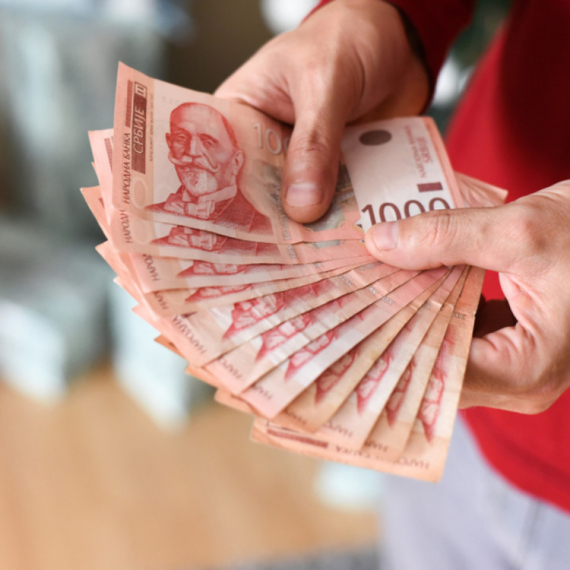
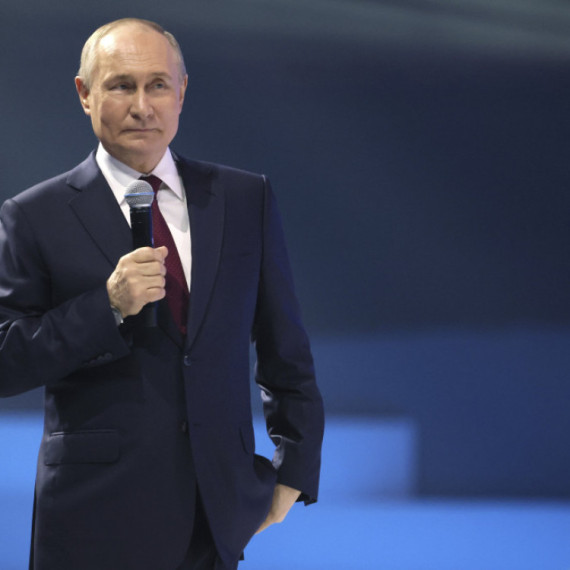
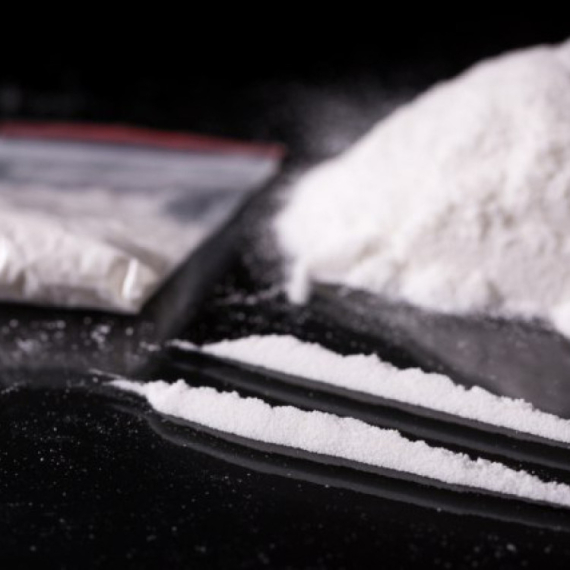
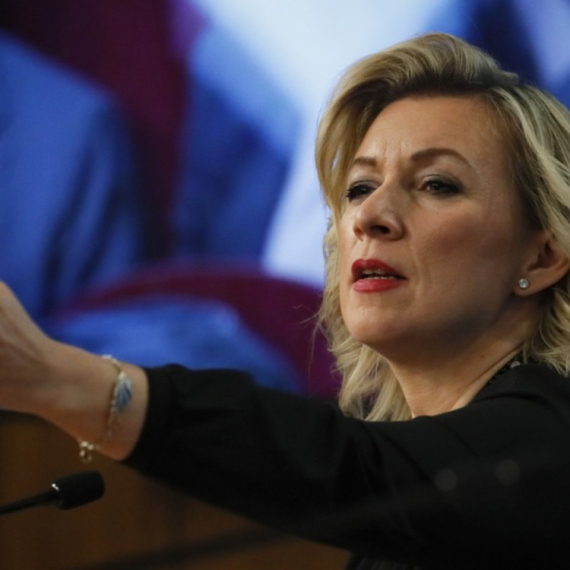




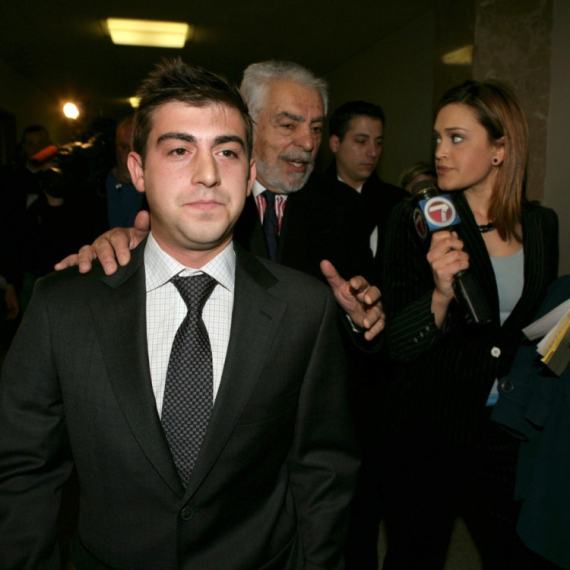





























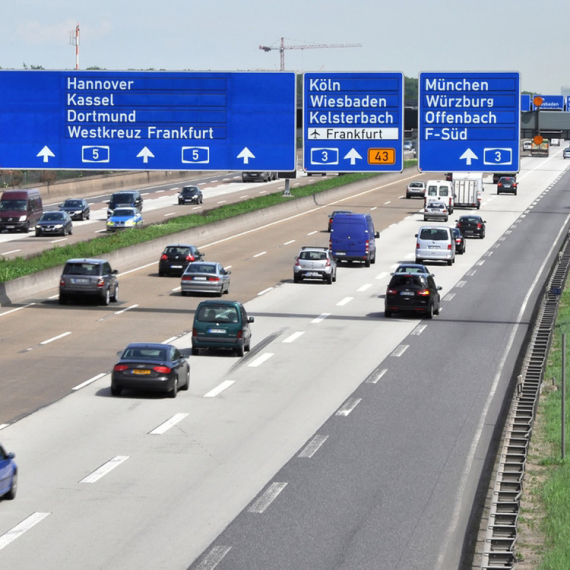






Komentari 8
Pogledaj komentare